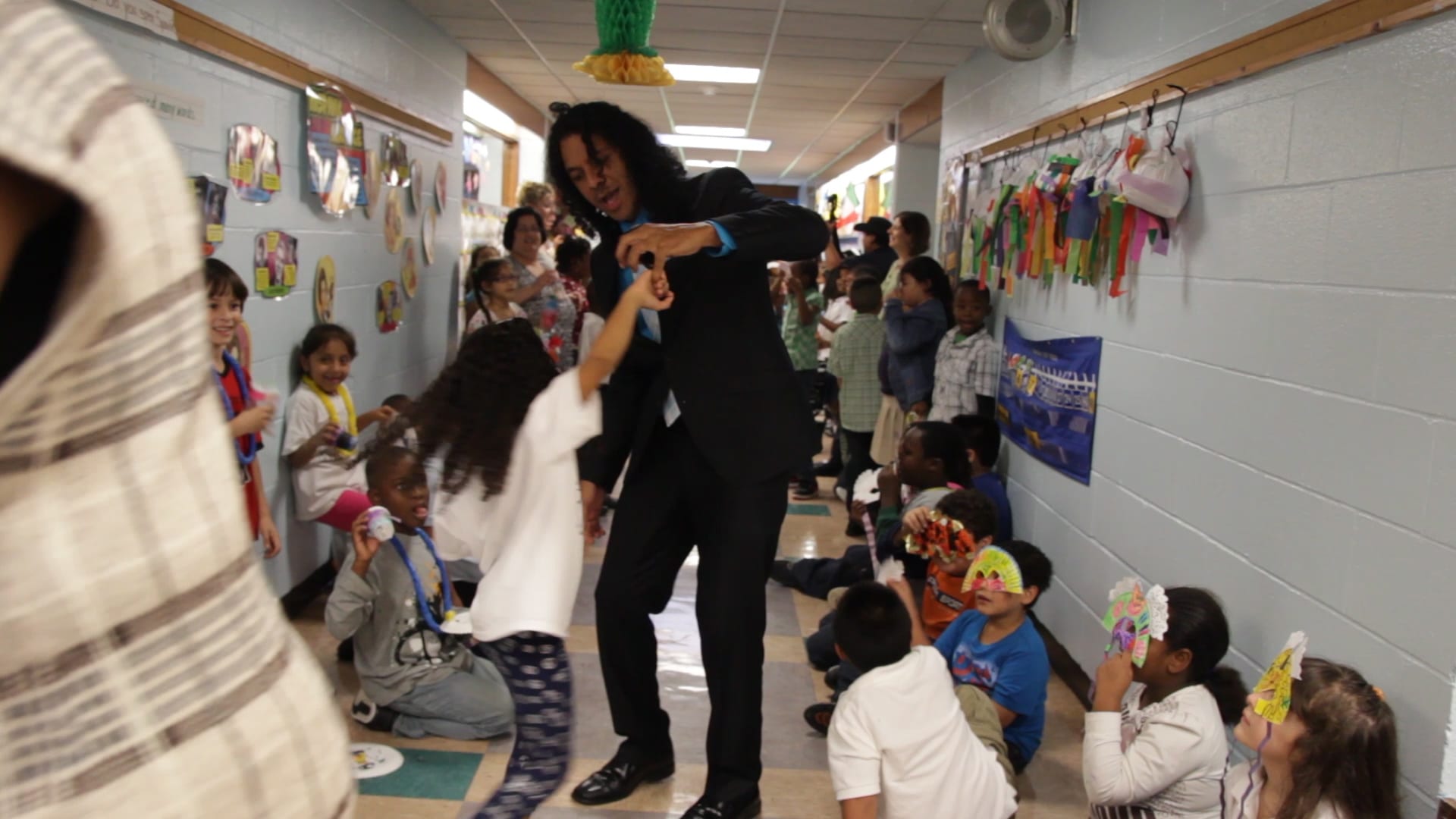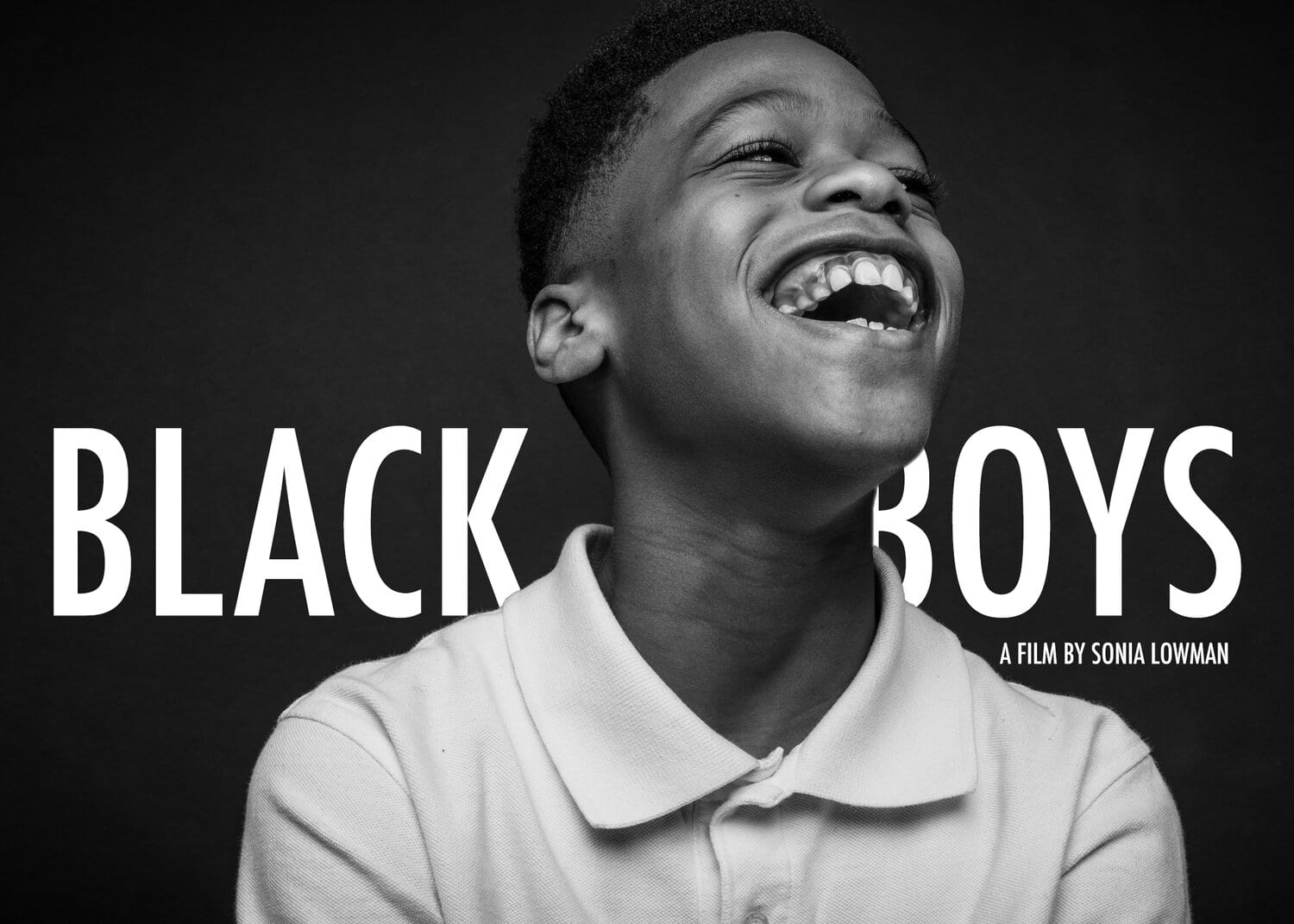
Back to School Catch-Up Catch-All
Back to school time is always busy and full of new beginnings. In this new episode of the Your Sunday Drive podcast, we get together (for the first episode since June!) to catch up and have a catch-all conversation about all things related to this time of year. In the end, we reflect on how…



